Education Abroad
College of Agriculture, Health and Natural Resources undergraduates, graduates, and faculty have opportunities to be involved in global work. There are many programs available at UConn through The Office of Global Affairs: Education Abroad and programs sponsored by the College of Agriculture, Health and Natural Resources to fit any desired experience.
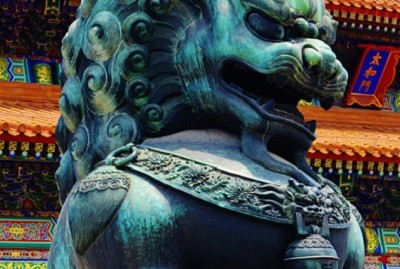
Chengdu and Beijing, China: UConn Environmental and Natural Resources of China (summer)
This 3-week study program at Sichuan University allows students to interact with Chinese students and faculty, and travel the countryside. Led by CAHNR professor Harrison Yang, students learn about natural resources, sustainable development, and globalization in China. This is a field based course which involves many trips to local villages and farms. Visit a tea production facility, spend time at a panda breeding center, and tour the Great Wall of China and Forbidden City. Students will get 3 credits for NRE 3675 - Environmental and Natural Resources of China.
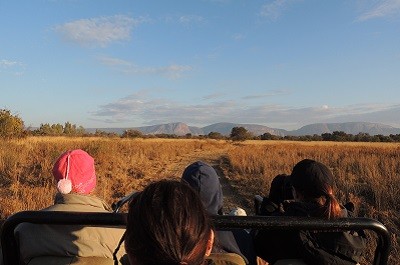
Djuma Game Reserve, South Africa: South African Field Ecology (summer)
This summer South African Field Ecology experience, led by CAHNR professor Dr. Morty Ortega, provides both an academic component at UConn and a field component at Djuma Game Reserve. This venue is a close neighbor to Kruger National Park, one of the largest national parks in South Africa. South African Field Ecology
See student photos and video compilations from past summers.
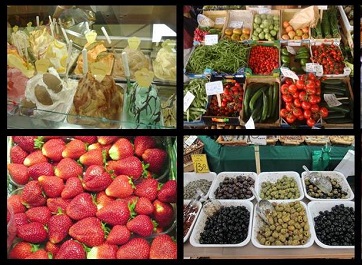
Florence, Italy: UConn Mediterranean Diet and Tuscan Cuisine (summer)
This program is designed for undergraduates with an interest in food, nutrition, dietetics, or other health related fields. Led by CAHNR professor Jillian Wanik. students will take classes and be totally immersed in the Italian food culture. There will be food related tours and workshops that focus on the social and cultural factors that have shaped food consumption practices and patterns in Tuscany. UConn Mediterranean Diet and Tuscan Cuisine
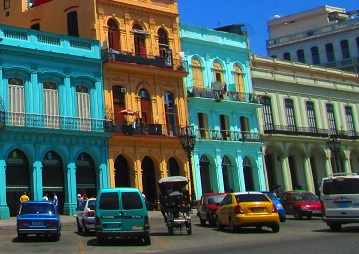
Havana, Cuba: Food and Revolution: The Cuban Experience (summer)
This foreign study field course will cover Cuba's remarkable history pertaining to agricultural production and food security. Efforts in sustainable agriculture, organic farming and local solutions to production challenges have become a hallmark of Cuban agriculture. Students will have the opportunity to meet farmers, scientists and community leaders who will share their vision for agriculture and food security. Subject areas to be covered included: animal and plant production systems, urban agriculture, integrated pest management and organic farming. Led by CAHNR faculty, classes will be held at Cuban agricultural research and education institutes with guest lectures and field trips included. Food and Revolution: The Cuban Experience
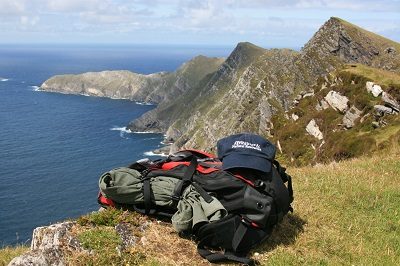
Ireland: UConn Global One Health: Irish and US Perspective (summer)
This UConn faculty-led education abroad program that is focused on the intersection of animal health, human health and environmental sustainability. In this three week May term course, students will examine issues surrounding food production and food safety issues based on the “One Health” model. The first week will allow students to gain an understanding of the US system in regards to ‘One Health’ through lectures/discussion and visits to agricultural production systems in the UConn/New England areas. Then to Ireland, where students gain an appreciation of how Ireland and the European Union approach the "One Health" model while touring food processing sites and distribution centers and learning about governmental policies to ensure a safe and high quality food supply. UConn Global One Health: Irish and US Perspective
Students will earn 3 UConn graded credits (ANSC 3693/PVS 3093) in this program which is team taught by Dr. Sandra Bushmich and Dr. Sheila Andrew. To learn more about this education abroad opportunity, visit its webpage.
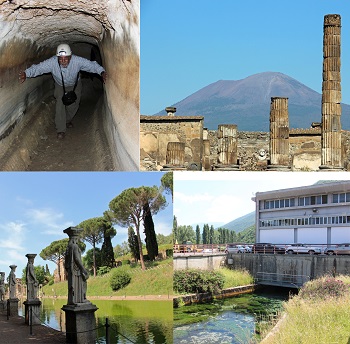
Rome, Italy: UConn Water Systems of Rome: Ancient to Modern (summer)
This foreign study field course is designed for Natural Resources and the Environment, Geoscience, Physical Geography, Environmental Science; Environmental Engineering, and Civil Engineering majors interested in water resources. Students in Environmental Studies and other fields of Science and Engineering are also encouraged to apply and will be considered on a space available basis. Led by CAHNR faculty, the major objective of this 3-credit NRE 3693 course is to enhance students’ understanding of human interactions with the environment in the development of modern municipal water systems. Upon completion of the course students should be able to articulate the contributions the Romans have made to water resources management and water system technology and have a better understanding of the factors that enter into designing a sustainable water system. UConn Water Systems of Rome: Ancient to Modern
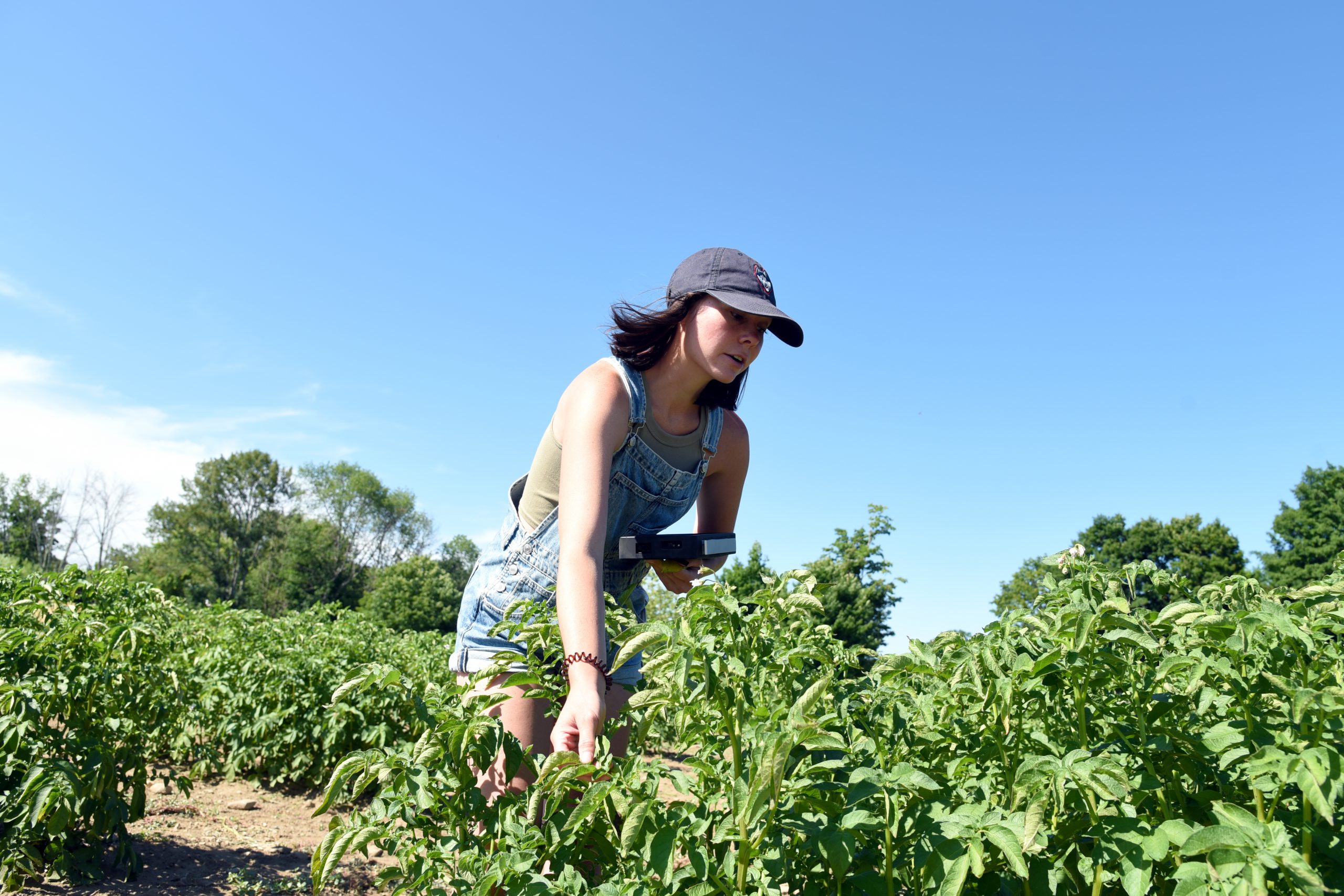
"Study Away" - U.S. Agriculture Production Annual Field Trip (Summer)
Faculty and students from CAHNR take a road trip from Connecticut to Wyoming and back to learn firsthand how America produces its food.
Read the UConn Today article about their trip, or check out one of their blogs:

Pathobiology and Veterinary Science
Mazhar Khan, Professor in the Department of Pathobiology and Veterinary Science, received the Friendship Award, an annual commendation issued by the Chinese government to honor those who contribute to China’s development and construction.
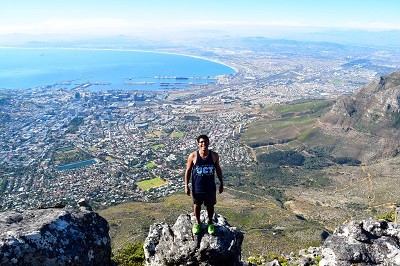
Pre-Med / Allied Health Spanish Program in Granada
This program is designed for students with an interest in Pre-Med or Allied-Health and Spanish Studies. This program will allow students to immerse themselves in the Spanish language and culture during six months while taking several classes at the Modern Language Center of the University of Granada and completing a 240 hour internship at the Hospital de La Inmaculada in Granada under the supervision of Spanish physicians. The classes will be mostly related to Spanish language, culture, and arts with a course on the Spanish Health Care System taught by a physician at the Hospital de la Inmaculada.
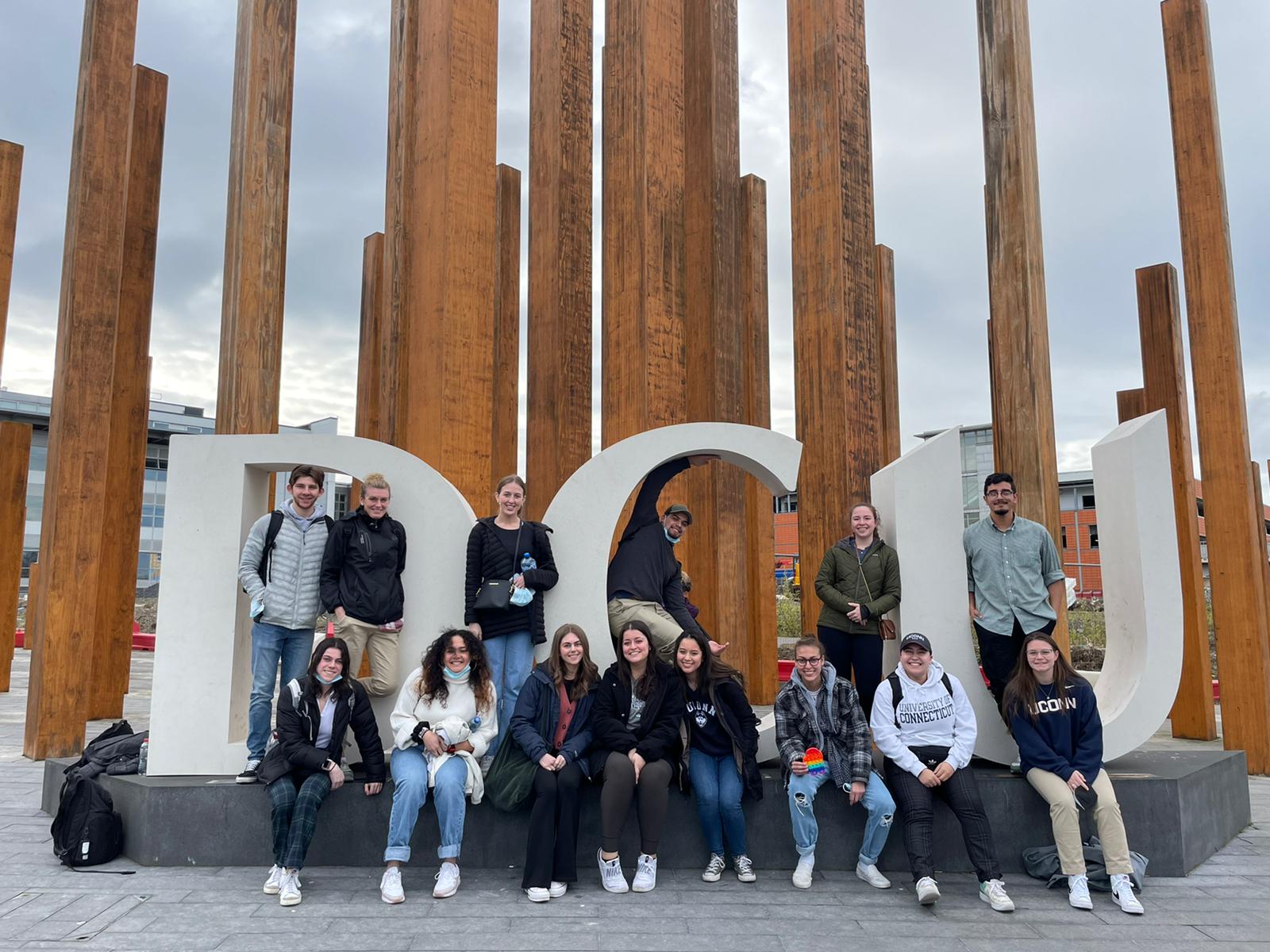
Spring Break Sports Medicine & Culture from an International Perspective
This faculty-led program will educate students on the history & culture of Ireland Sport while simultaneously taking them inside the European model of club sports with the opportunity to interact with healthcare providers and other members of the sports medicine community/team.
Sport in Ireland has had a significant impact on the country’s history, and 3 primary sports are considered to be uniquely associated with the country (Hurling, Gaelic football, & handball). Irish Sport provides great contrast to many other countries, but they do have some other common sport interests, such as soccer, rugby, swimming, cycling & cricket.
This program will explore the mutual agreement that exists between the U.S. and Ireland for athletic trainers to practice sports medicine, the integrated approach that exists for understanding sport injury and the management of those injuries (e.g., exercise as medicine, health promotion), and the team approach to medicine. Although there are differences in regard to the popularity of the various sports, there is some underlying comparable philosophies between the US and Ireland.
This program is open to all students with an interest in the topics covered, regardless of major. Any student interested in healthcare and sport are encouraged to apply.

Summer Global One Health in Ireland: Irish and US Perspectives
Beautiful, vibrant Ireland will be the location of this Education Abroad program that is focused on the intersection of animal health, human health and environmental sustainability. In this three week May term Education Abroad course, we will examine issues surrounding food production and food safety issues based on the “One Health” model. “One Health” is terminology recently introduced to encompass the global interrelationships among human health, animal health and environmental health issues.
The two agricultural systems chosen to illustrate these interactions are dairy/cheese production and fish farming. We will spend the first week gaining an understanding of the U.S. system in regards to ‘One Health’. We will have lectures and discussion with experts in the field and visit agricultural production systems in the UConn/New England areas. We will then travel to Dublin, Ireland, to gain an appreciation of how Ireland and the European Union approach this new initiative while touring food processing sites and distribution centers and learning about governmental policies to ensure a safe and high quality food supply. And finally we will explore the green country-side and oceans where food production starts; the farms and animals. We will have opportunities to visit and participate in traditional Irish methods of food production. This program will clearly demonstrate how a viable sustainable food production system can meet the goals of the “One Health” initiative.
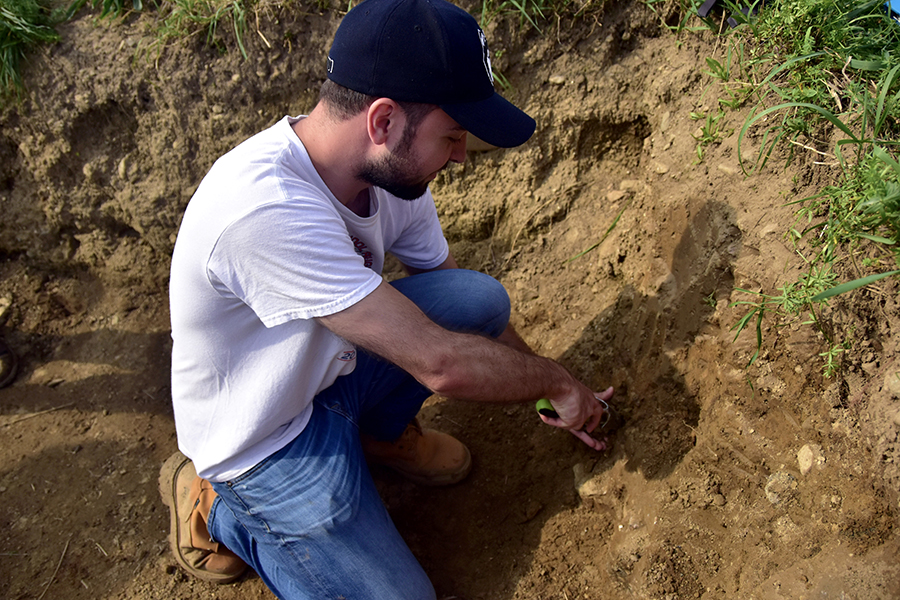
Summer Landscape Form and Urban Design in Europe
This foreign study course is designed for all majors. Students interested in Landscape Architecture, Urban Planning and Sustainable Development are encouraged to apply.
This program allows you to experience living in European cities while exposing you to societal forces that guide land use patterns in the cities and towns of 6 countries – Ireland, England, France, Austria, Hungary, and Italy. The ability to systematically analyze the ‘built environment’, in an objective manner, is the basis for understanding the ‘cause and effect’ between the primary forces and resultant development patterns in cities.
Utilizing an experiential learning process, we will guide the student’s acquisition of knowledge through lectures, site visits and design projects to develop visual and communication skills as well as hone an individual land ethic and an understanding of ‘sustainable development’.